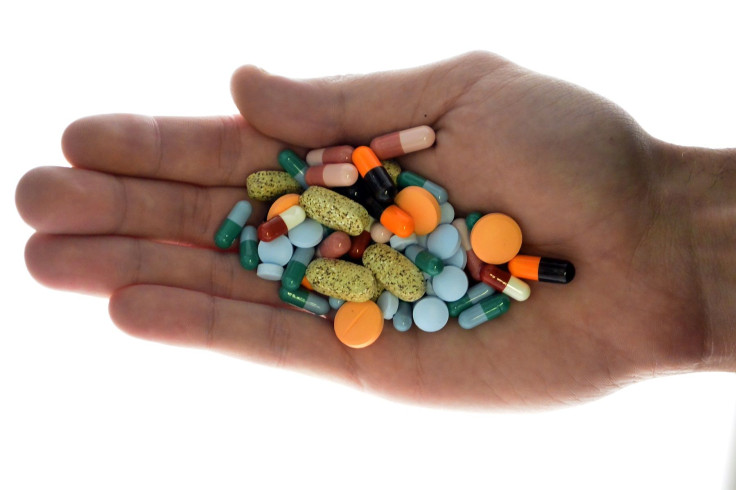Anti-psychotic drugs harmful to dementia patients, say experts

Experts in Australia are raising grave concerns about the overuse of anti-psychotic drugs. They feel that just five among hundreds of patients get any benefit from them. Besides, these drugs can damage the brain. They may even lead to early death, they observe.
Today, there are more than 350,000 Australians suffering from the disease, reports the ABC. And the number is always on the rise. One in hundreds take anti-psychotic drugs. Most of them are overly prescribed, according to the research.
This does not happen because of negligence from doctors but due to heavy workload. Furthermore, they have to satisfy caretakers who insist on medications to minimise sufferings. They approach physicians to get pills. And that is the only thing doctors know.
Experts point out that basic behavioural modifications can help a lot. This is something doctors often fail to notice. For instance, one should never enter a room without notifying. Professionals often ignore this common manner and expect patients to oblige to them. They also tend to ignore the rights of those suffering from dementia.
There are reputed doctors who oppose the argument, says the Guardian. They feel that anti-psychotic medications do help. There exists no scientific proof to establish the fact that they would lead to early death. Besides, drugs meant for Schizophrenia even lower suicidal tendencies. They call for a regular evaluation. Patient and doctors should meet regularly. They should evaluate the progress in the treatment and outline an approach accordingly.
It is impossible to determine if the concerns expressed are genuine or not. Studies done in the field according to critics prove the opposite. Most of the arguments against anti-psychotic drugs are exaggerations. As example, lithium, the most feared drug, is shown to cause less side effects than some doctors predicted it will have.





















